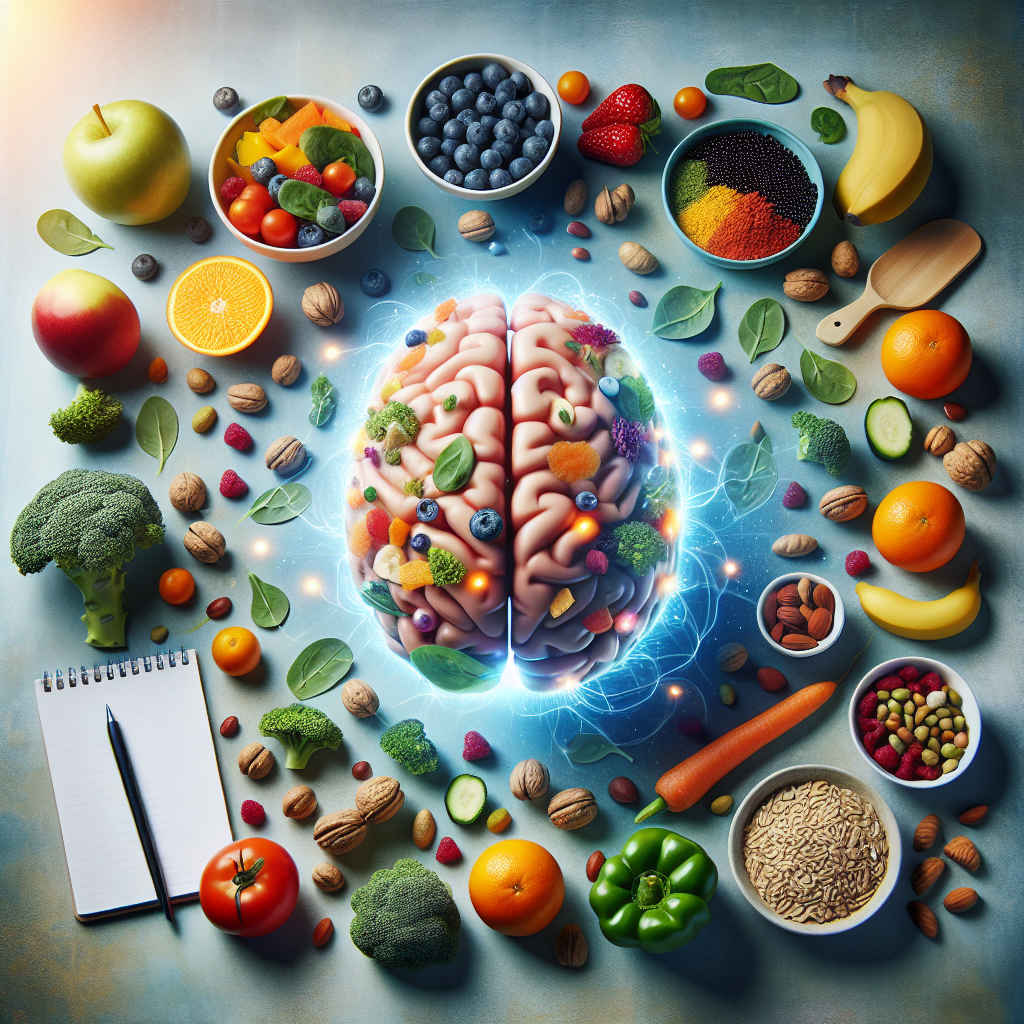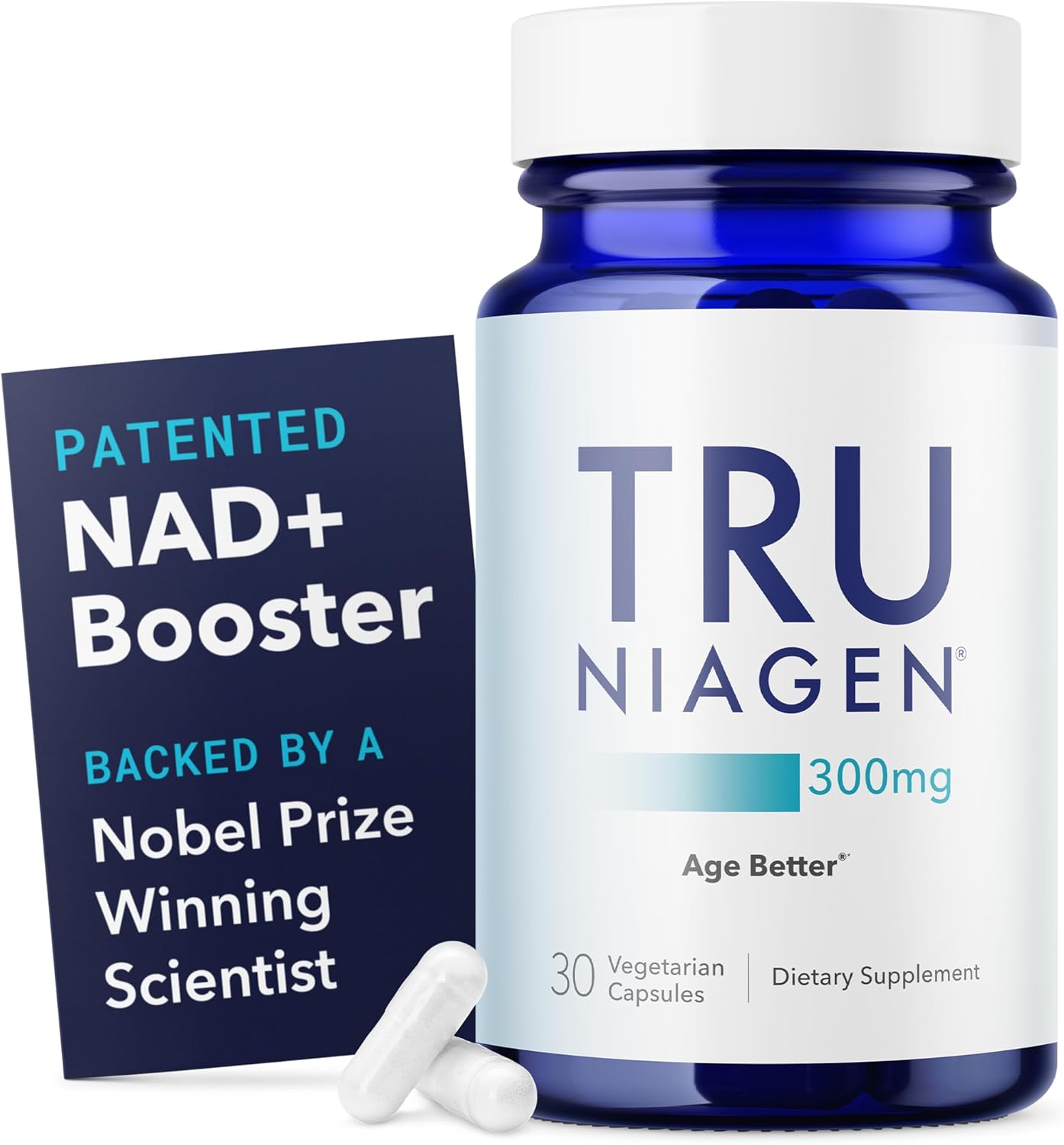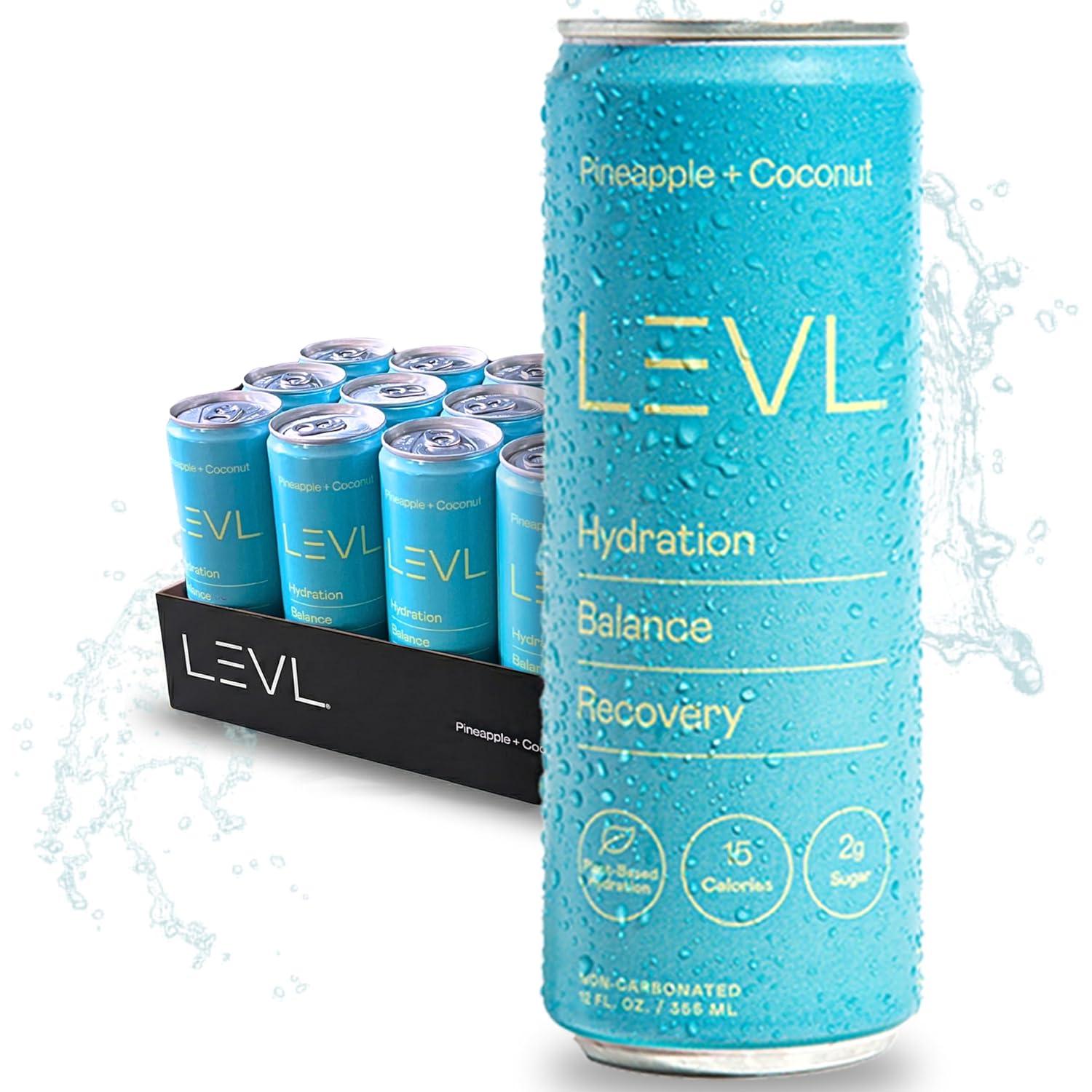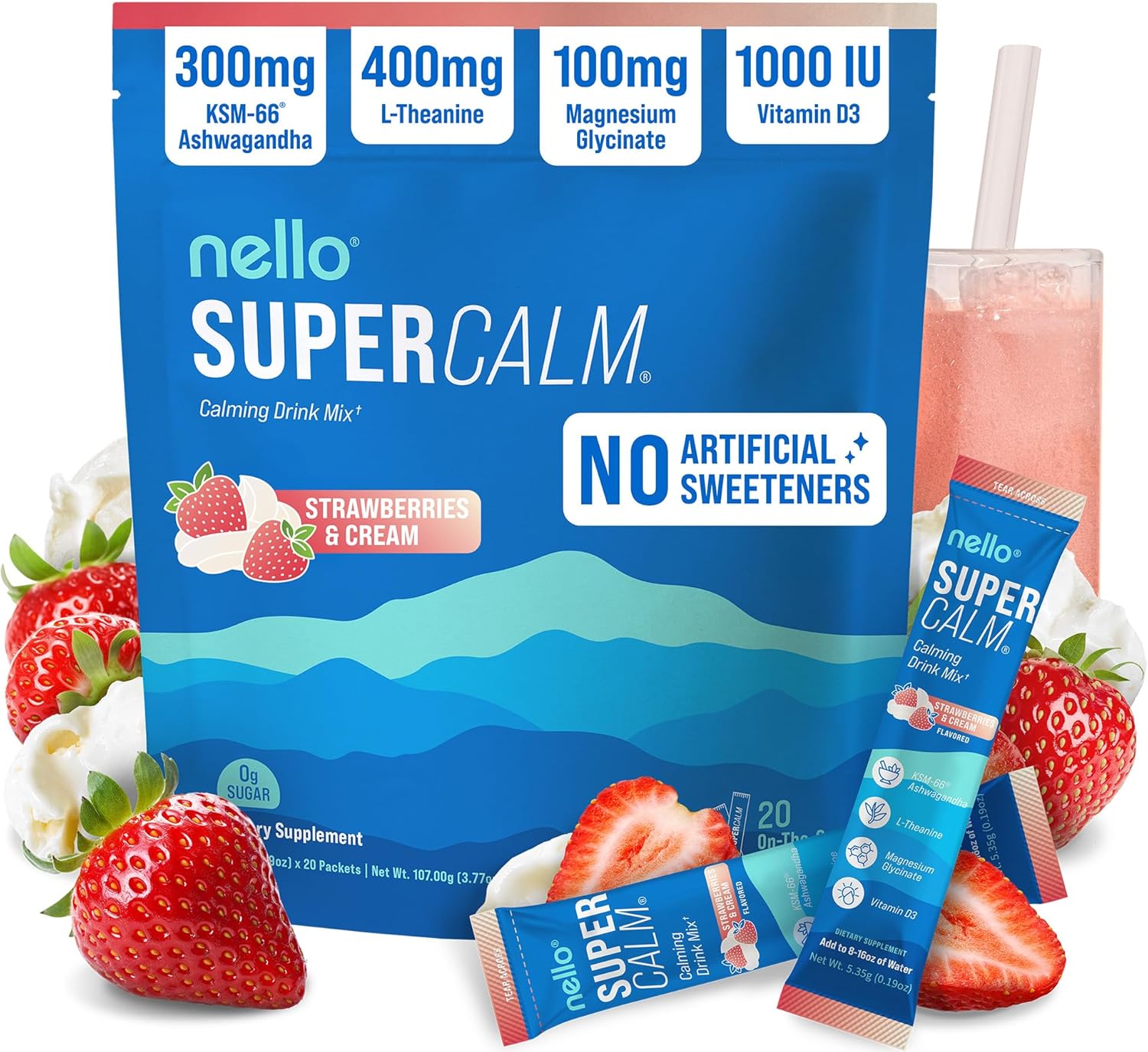Introduction
In an increasingly fast-paced world, boosting cognitive performance is a common goal for many individuals. While there are numerous strategies to enhance mental function, one of the most impactful yet often overlooked factors is nutrition. This article will delve into how diet affects cognitive performance and outline the essential nutrients that play a vital role in brain health.
The Connection Between Nutrition and Cognitive Performance
The brain is a complex organ that relies on a delicate balance of nutrients to function effectively. Just as a vehicle cannot run without gas, your brain can’t perform at its best without proper nutrition. Numerous studies have shown that diet directly affects mental clarity, memory, and overall cognitive function.
Key Nutrients for Cognitive Health
1. Omega-3 Fatty Acids
Omega-3 fatty acids, primarily found in fatty fish like salmon, walnuts, and flaxseeds, are crucial for brain health. They support the structure of brain cells and have been linked to improved memory and cognitive performance. Research indicates that a diet rich in omega-3s may reduce the risk of cognitive decline as we age.
2. Antioxidants
Antioxidants, such as vitamins C and E, help combat oxidative stress, which can damage brain cells. Foods high in antioxidants like berries, leafy greens, and nuts can protect against cognitive decline. Incorporating these foods into your diet may lead to better brain function and enhanced memory.
3. B Vitamins
B vitamins, including folate, B6, and B12, are essential for maintaining proper brain function. They help produce neurotransmitters, the chemicals that transmit signals in the brain. A deficiency in these vitamins can lead to cognitive impairments and mood disorders. You can find B vitamins in whole grains, eggs, and green vegetables.
4. Vitamin D
Often known as the sunshine vitamin, vitamin D plays a significant role in brain health. Research suggests that this vitamin may support cognitive function and decrease the risk of neurodegenerative diseases. Incorporating fatty fish, fortified dairy products, or spending time outdoors can help maintain adequate vitamin D levels.
5. Iron
Iron is essential for transporting oxygen to the brain. A deficiency can lead to fatigue and reduced cognitive performance. Foods like red meat, beans, and leafy greens can help boost iron levels. Pairing iron-rich foods with vitamin C can enhance iron absorption and improve brain function.
6. Hydration
Staying hydrated is a key aspect of cognitive performance. Even mild dehydration can impair concentration and memory. Aim to drink enough water throughout the day, and consider consuming water-rich foods like fruits and vegetables to maintain hydration levels.
The Impact of Diet on Mental Health
A healthy diet doesn’t just support cognitive function; it also plays a critical role in mental health. Research shows a strong correlation between diet quality and mental well-being. A balanced diet can help reduce symptoms of anxiety and depression, providing a holistic approach to cognitive enhancement.
Foods to Avoid for Better Cognitive Performance
While focusing on nutritious foods is important, it’s equally crucial to be aware of foods that may negatively affect cognitive performance. Here are some items to limit:
- Sugar: Excessive sugar intake can lead to inflammation and impair cognitive function.
- Trans Fats: Often found in processed foods, trans fats can slow down brain function and overall health.
- Excessive Caffeine: While moderate caffeine can enhance alertness, too much can lead to anxiety and disrupted sleep patterns.
- Alcohol: Moderate consumption may be acceptable, but heavy drinking can trigger cognitive decline and memory issues.
Practical Tips for Enhancing Cognitive Performance Through Nutrition
Improving your cognitive performance through diet doesn’t have to be overwhelming. Here are some practical tips to get you started:
- Incorporate Variety: Aim for a diverse diet rich in various fruits, vegetables, whole grains, and lean proteins.
- Meal Planning: Plan meals ahead of time to ensure you’re incorporating brain-boosting foods regularly.
- Stay Mindful: Pay attention to portion sizes and eat mindfully; this can help regulate your intake and promote better choices.
- Cook at Home: Preparing meals at home allows you to control ingredients and create healthier options.
- Consult a Professional: If you’re unsure where to start, consider consulting a registered dietitian for personalized guidance.
Conclusion
Nutrition plays a vital role in cognitive performance and overall brain health. By incorporating nutrient-rich foods into your diet, you can enhance your mental clarity, memory, and emotional well-being. Remember that the brain is a complex organ that requires a variety of nutrients to function optimally. By focusing on a balanced diet and avoiding harmful foods, you can support cognitive performance throughout your life.
FAQs
- 1. Can a poor diet lead to cognitive decline?
- Yes, a diet lacking essential nutrients can impair cognitive function and increase the risk of cognitive decline and mental health disorders.
- 2. How quickly can diet changes affect cognitive performance?
- While changes may take time, many individuals report improvements in focus and mood within a few weeks of adopting a healthier diet.
- 3. Are there specific diets that support brain health?
- The Mediterranean diet, rich in fruits, vegetables, whole grains, and healthy fats, has been shown to support cognitive function.
- 4. Should I take supplements for cognitive health?
- While some supplements can be beneficial, it’s best to seek nutrients from whole foods. Consult a healthcare professional before starting any supplements.
- 5. How important is hydration for cognitive performance?
- Staying hydrated is crucial for optimal cognitive functioning. Even mild dehydration can impair focus and memory.





